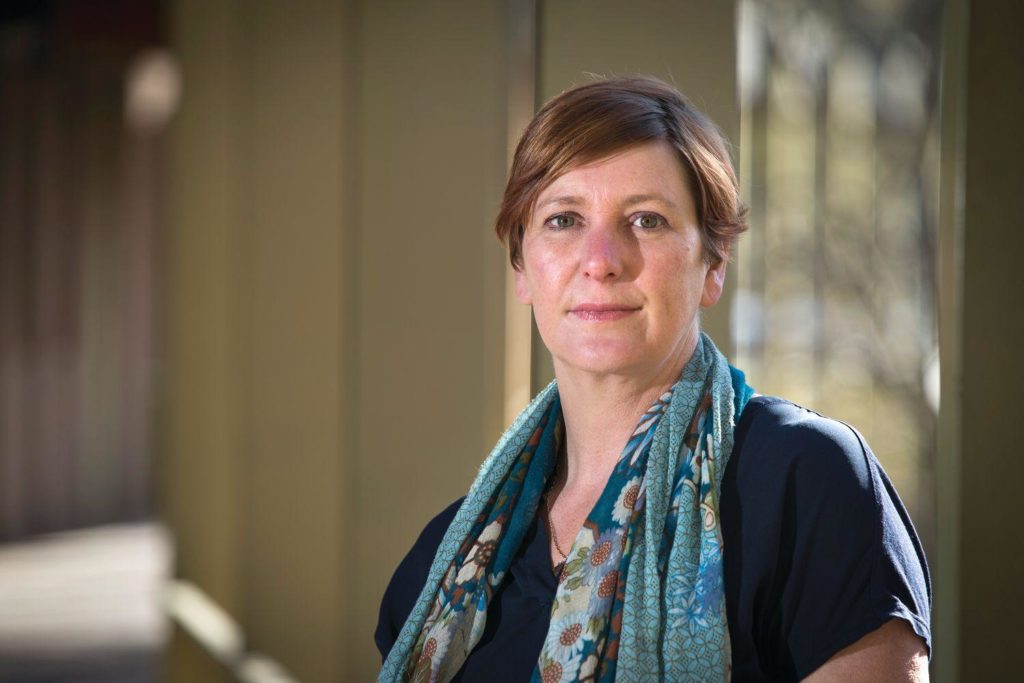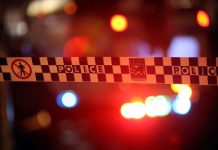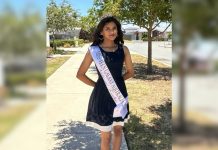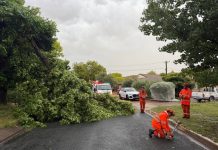Experts warn that children are among the worst affected when it comes to trauma caused by disasters and they do not have to personally witness an event to feel scared, angry, confused or overwhelmed. The recent disasters are cause for concern about the potential of bushfire trauma for both children and adults.

Nicola Palfrey, director of the Australian National University Australian Child and Adolescent Trauma, Loss and Grief Network, said “for many children and adults, the impacts of exposure to a traumatic event only begin to be evident in the months and years after it happened”.
“Many people have the misconception PTSD is the only mental health condition that may develop after exposure to traumatic events like the bushfires. But many people also experience significant issues such as anxiety, depression and difficulties with relationships.”
Ms Palfrey led the development of a freely-accessible Community Trauma Toolkit, which contains a suite of resources to help support adults and children before, during and after bushfires.
The toolkit has been tailored for parents and caregivers, general practitioners, health and social services workers, first responders, educators and community leaders.
Ms Palfrey said it is a common misconception that shielding children from bad news is best.
“Children need honest, simple and age-appropriate information about what happened, focusing on the effort that is being taken to help others,” she said. “It’s good to let children lead the conversation and monitor how they respond.”
According to Ms Palfrey, talking to children about the bushfires will give parents an understanding of what their children know. Talking will also help children share their fears instead of being left to manage feelings of distress on their own.
“Children are resilient, they overcome obstacles big and small every day, but is important that we are clear in what we mean by being resilient,” she said. “Being resilient does not mean never being upset, or sad, or angry.”
The toolkit includes tip sheets on how to talk to children following a bushfire and age appropriate activities for their mental health.
The toolkit also provides resources to support individuals and communities to: prepare children and their families both practically and psychologically for a disaster; interact with children during the event in a way that may enhance their resilience and recovery; interact and support children and their families as they re-establish a sense of safety immediately after an event; support children and their families in the ongoing recovery process; understand the importance of self-care during and after a traumatic event; and identify emotional and behavioural difficulties in children that may indicate more ongoing, specialised support is required.
Access the toolkit at emergingminds.com.au/resources/toolkits/community-trauma-toolkit/
For more:








